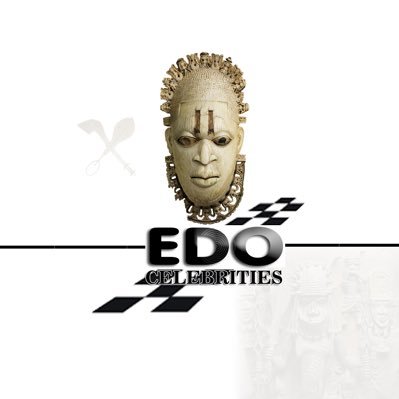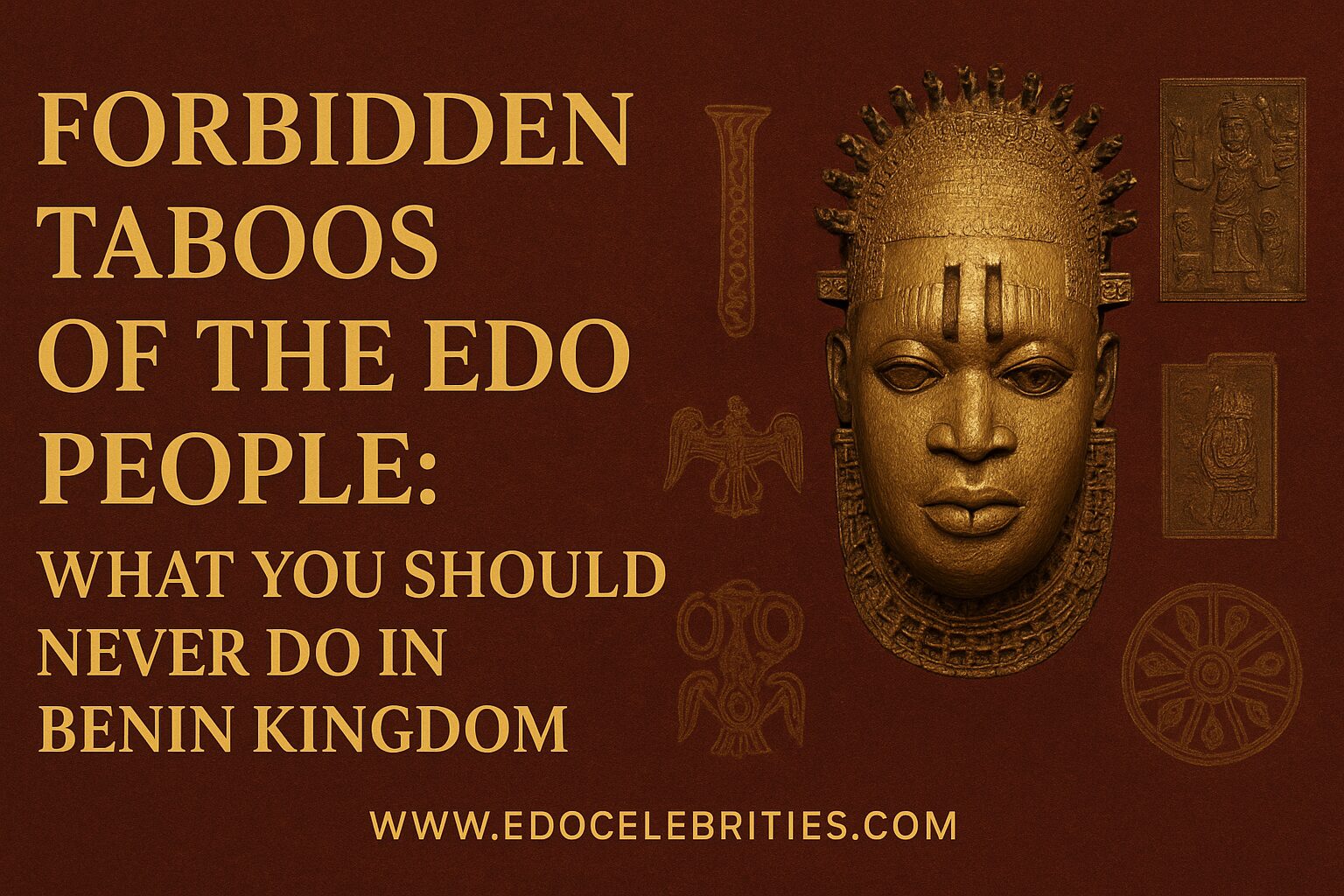In the ancient Benin Kingdom, the bond between the living and the dead is not broken by time — it is strengthened by reverence, rituals, and remembrance. Edo people do not take ancestral blessings lightly because, to them, ancestors are not gone; they are ever-present guardians who shape destiny, protect families, and guide communities.
The Edo belief system rests on the understanding that life continues beyond death, and the spirits of forefathers — known as Ehi or Erha — remain powerful forces influencing the living. This is why ancestral worship is not superstition but an act of continuity, gratitude, and moral discipline.
The Shrine: Where the Living Commune with the Ancestors

Every traditional Edo home once had — and many still maintain — a sacred space called the Ukhurhe, a family shrine dedicated to departed elders. The shrine serves as a spiritual portal where the living pour libations, offer kolanuts, and invoke blessings.
During significant events such as marriages, naming ceremonies, or disputes, elders consult the ancestors through this sacred medium.
It is believed that those who ignore their ancestral obligations risk spiritual disconnection, which could lead to misfortune, confusion, or loss of divine favor. A person without a shrine or ancestral reverence is often said to have “no roots.”
The Ovia Festival: A Celebration of Purity and Protection
Among Edo’s most revered festivals is the Ovia Festival, celebrated in honor of Ovia, the goddess of peace, purity, and justice. Traditionally observed by women, the festival symbolizes respect for moral order, fertility, and ancestral connection.
During the Ovia Festival, participants adorn themselves with coral beads, white chalk, and traditional attire, as chants and drumming fill the air. Offerings are made at shrines, and community elders pray for peace and prosperity.
Ovia’s story — that of a beautiful and virtuous woman who became deified after her unjust suffering — embodies the Edo belief in justice and divine retribution. Her spirit is invoked to ward off evil and restore balance in society.
Ancestral Worship and Modern Life
Despite modernization and Christianity, ancestral reverence remains deeply woven into the Edo social fabric. Even the most educated or religious families often maintain elements of these traditions — pouring libations before major ventures, honoring elders, or visiting the village shrine during festivals.
Ancestral blessings are believed to open doors of favor and guide descendants toward success. Many Edo people attribute their stability, wealth, or protection to ancestral goodwill, which they sustain through rituals and respect for cultural taboos.
Why It Still Matters
For the Edo people, ancestral worship is not idol worship — it is heritage preservation. It instills gratitude, unity, and accountability. The living must honor the dead, and in return, the dead ensure the prosperity of the living.
In every libation poured and every festival chant, the Edo people remind the world that memory is sacred, tradition is strength, and blessings flow from the roots of identity.
Conclusion
The Edo belief in ancestral blessings reveals a profound truth — that life is a continuous circle, not a straight line. The shrine and the Ovia Festival are more than rituals; they are symbols of endurance, gratitude, and cultural pride.
In an era where modernity challenges tradition, Edo people remain firmly rooted in the values that define them — respect for the ancestors, reverence for purity, and a faith that blessings flow through the generations.


Leave a Reply